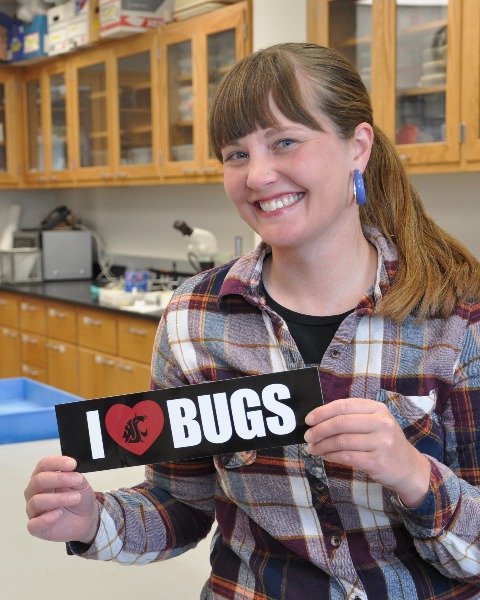P-IE
Section Symposium
Memorial Symposium: Dr. Peter Landolt
10: Polistes wasp learning behavior, a search for a better trap
Tuesday, November 17, 2020
3:25 PM - 3:40 PM EST

Megan Asche
Washington State University
Colfax, Washington.jpg)
Dane C. Elmquist
University of Idaho
Moscow, Idaho- PL
Peter Landolt
USDA-ARS (Wapato, WA)
Wapato, Washington 
Richard S. Zack, Jr.
Pullman, WA
Presenting Author(s)
Co-Author(s)
Polistes paper wasps (Hymenoptera: Vespidae) participate in a behavior known as “hilltopping.” Male wasps will fly to the tallest structure in an area to find females and mate. Inseminated females, next year’s queens, will overwinter on these structures. The presence of these wasps frightens the people who work at these facilities and wasp activity can potentially cause the breaking of expensive equipment. The purpose of this research is to test the associative learning behavior of the paper wasp, Polistes dominula Christ with the goal of developing new trapping methods to manage paper wasp populations. We hypothesized that Polistes wasps can associate odors with a food reward. The results of our studies have shown that these wasps exhibited higher rates of attraction to odors following previous experience with that odor; however, the caste of the wasp may impact its capacity to learn.

